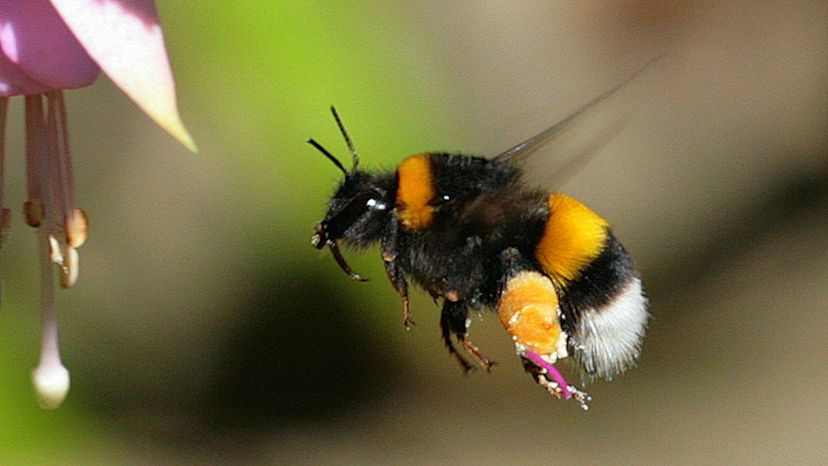
Research as far back as the 16th century has documented how eclipses have affected animals. In 1544, "birds ceased singing" during a total eclipse of the sun. Fourteen years later, "birds fell to the ground." In 1932, crickets chirped across northern New England when an eclipse darkened portions of New Hampshire, Maine and Vermont. Frogs also croaked. In 2017, when portions of the United States went black during the latest total solar eclipse there, bees stopped buzzing and postponed all activity until the eclipse passed.
That part about the bees was the conclusion of a University of Missouri study that looked at how bees reacted during the Aug. 21, 2017, total solar eclipse. The results, published in the Oct. 10, 2018, issue of the Annals of the Entomological Society of America, used more than 400 school children, scientists and ordinary citizens to report on bee behavior during the eclipse.
Advertisement
Researchers organized each of these groups in the path of the solar eclipse, setting up monitoring stations to eavesdrop on the insects. Scientists expected the bee's activity would drop as the lights, well, went out. What they found is that bees stopped flying entirely and went silent during totality, the point in a solar eclipse when the moon completely blocks out the sun and all goes dark.
Microphones hidden among flowers in specific geographic areas (Oregon, Idaho and Missouri) picked up nary a buzz. The recordings didn't differentiate between bee species, but most bees in the study were bumble bees (Bombus) and honey bees (Apis mellifera). In areas where totality was 90 percent, the microphones picked up only a single buzz every few minutes.
"We anticipated, based on the smattering of reports in the literature, that bee activity would drop as light dimmed during the eclipse and would reach a minimum at totality," Candace Galen, professor of biological sciences at the University of Missouri and lead researcher on the study," said in a statement released by the Entomological Society of America. "But, we had not expected that the change would be so abrupt, that bees would continue flying up until totality and only then stop, completely. It was like 'lights out' at summer camp! That surprised us."
Interestingly, there have been only a smattering of studies describing the behavior of insects during an eclipse, which is why no one knew exactly what the bees would do. During totality the bees stopped all activity; however, researchers found, the bees were active in the moments leading up toward totality and after totality. Their buzzing lasted longer, as did their flight time, suggesting the insects were flying longer and slower due to limited light, or they were heading back to their hives.
"The eclipse gave us an opportunity to ask whether the novel environmental context — mid-day, open skies — would alter the bees' behavioral response to dim light and darkness. As we found, complete darkness elicits the same behavior in bees, regardless of timing or context. And that's new information about bee cognition," Galen said.
Advertisement
